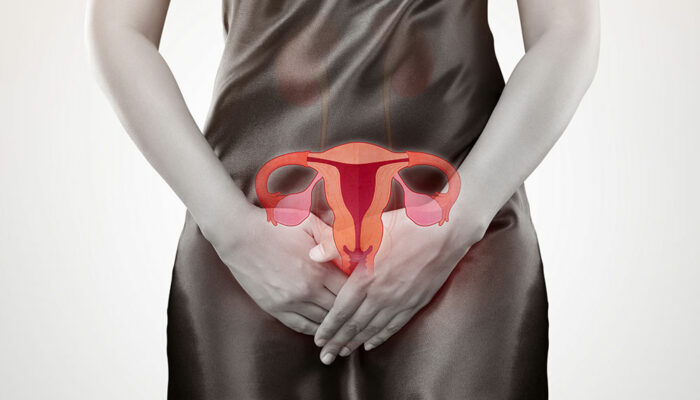
Risk Factors That May Cause a UTI
A urinary tract infection (UTI) is a common bacterial infection that affects the kidneys, ureters, bowel, or urethra. People with UTIs experience pain during urination. Bacteria from the bowel enter the urinary tract and multiply, which is what causes UTIs. Although this is the main cause of the infection, several other factors also lead to UTI. Take a look at the ones mentioned below, as they may help with preventive care.
1. Yeast infection
An excess of fungus in the vaginal region causes yeast infections. Fungi can potentially invade your urethra and induce a UTI. Thus, people can suffer from both conditions at the same time. If you’re wondering what is causing recurring UTIs, it could be an underlying yeast infection that may require treatment first. Fungal UTIs caused by yeasts such as Candida are becoming more widespread with every passing year.
2. Sexual activity
Having sex can lead to a UTI, particularly for a woman. Sexual intercourse can push the harmful bacteria up the urethra and into the bladder, increasing the likelihood of a UTI. Women have a shorter urethra, which makes it easy for the germs to seep into the bladder. Often people may realize that the use of a spermicide during sexual activity is what causes a UTI. In this case, they should consult a doctor about safer forms of contraception.
3. Delicate vaginal tissue
As we age, the tissues of our body grow weaker. They lose the strength they had earlier, which helped them fight diseases. The same is true for the tissues of the vagina. They become thinner and are likely to fall prey to infestations and bacteria, especially when there is a frequent external trigger. For instance, sitting in one position for extended periods can cause germs to grow and multiply, which is what causes UTIs in some people.
4. Lack of estrogen
Estrogen can protect the body against urinary infections, and having good levels of this hormone is like having a protective layer over the vaginal tissue. Women may find it difficult to maintain a balanced amount of estrogen in the body post menopause, which causes UTI. Research has shown that hormone therapy may help women fight UTIs by inducing beneficial bacteria.
5. Kidney problems
A UTI may be caused by an obstruction in the urinary tract, such as a kidney stone, bladder stone, or even kidney infection. The latter happens when the germs from the bladder enter the kidney and lead to infection. Some people may only have minor kidney stones, which is unlikely to trigger a UTI. Others may have a persistent blockage, which, on the other hand, may allow urine to back up, drastically increasing chances for bacteria build-up.



